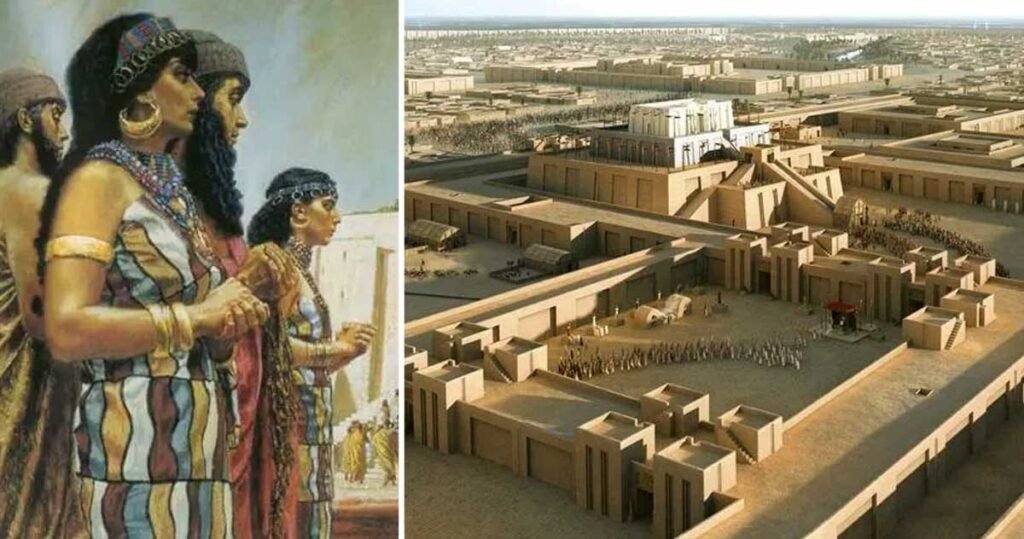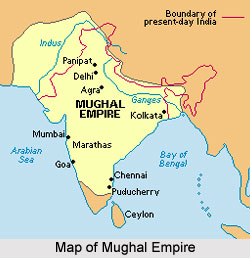History of Mesopotamia Civilization: Mesopotamia, often called the “cradle of civilization,” was one of the earliest and most influential civilizations in human history. Located in the fertile land between the Tigris and Euphrates rivers—modern-day Iraq, Kuwait, and parts of Syria and Turkey—Mesopotamia played a crucial role in the development of human society, culture, and technology.
Early Settlements and Agriculture
The history of Mesopotamia dates back to around 10,000 BCE, when nomadic groups began to settle along the riverbanks. The fertile soil, enriched by seasonal floods, allowed these communities to practice agriculture, producing surplus crops such as barley, wheat, and dates. This agricultural revolution enabled the formation of permanent settlements and the rise of complex societies.
By 3500 BCE, villages evolved into city-states such as Uruk, Ur, and Eridu. These city-states were often independent, each with its own ruler, temple, and economic system. The development of irrigation systems further enhanced agricultural productivity, allowing Mesopotamia to support larger populations.
Writing and Record-Keeping
One of Mesopotamia’s most remarkable contributions to human history was the invention of writing. Around 3200 BCE, the Sumerians developed cuneiform, a system of wedge-shaped symbols inscribed on clay tablets. Initially used for trade and accounting, writing later expanded to record laws, religious texts, literature, and historical events. This innovation laid the foundation for written communication and education in subsequent civilizations.

Political and Social Structure
Mesopotamian society was highly structured. Kings, priests, and nobles formed the elite class, while farmers, artisans, and laborers made up the majority of the population. Religion played a central role, with city-states dedicated to particular gods and monumental temples, called ziggurats, serving as centers of worship and administration.
Over time, Mesopotamia saw the rise and fall of several empires, including the Akkadian Empire, Babylonian Empire, and Assyrian Empire. These empires expanded territory, established trade networks, and developed advanced legal systems, with the Code of Hammurabi being one of the earliest examples of codified laws.
Legacy of Mesopotamia
Mesopotamia’s influence on human civilization is immense. Innovations in agriculture, writing, law, mathematics, and astronomy set the stage for future societies. The civilization’s rich history reflects the ingenuity, creativity, and resilience of early humans in shaping organized societies. Today, Mesopotamia is remembered as the birthplace of many foundational aspects of modern life, earning its title as the cradle of civilization.
Original Sinking History of the Titanic Ship
History of the Great Wall of China
The History of the Russian Revolution
Article Content Writing Service
![]()





